by Jane McBride

(Note: This article is from the new January 2018 edition of Children’s Book Insider, the Children’s Writing Monthly. To learn more about this essential tool for all kidlit writers, click here.)
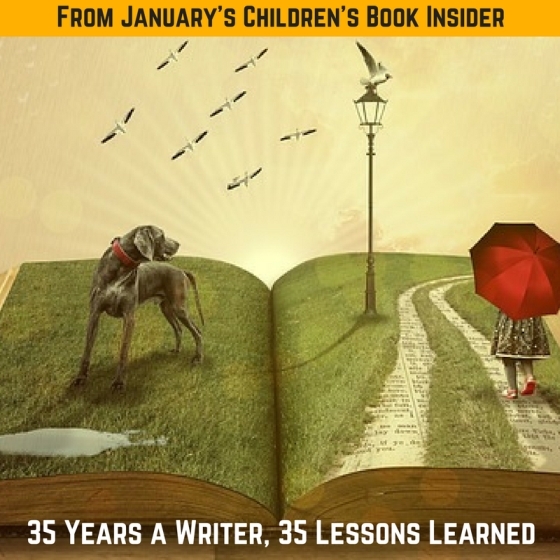
Thirty-five years have passed since my first writing was published. Thirty-five years in the crazy business of writing have taught me a number of things. Thirty-five years have also taught me that I have much still to learn. But today we’ll start with what I’ve learned thus far. My hope is this list will shorten your own learning curve.
1. Writing is a business. Treat it as such.
2. Treat yourself as a business person. If you don’t respect yourself as both a writer and a business person, how can you expect others to treat you that way?
3. Keep records. Keep very, very good records. You never know when you’ll be audited, as my husband and I were five years ago.
4. Keep on top of your taxes. Do you need to make quarterly tax payments? Penalties are no fun.
5. Keep track of your expenses. Do you think that it’s too much trouble to record your mileage to a meeting or postage costs? Think again. Every penny counts.
6. Invest in yourself. If you can swing it, attend writers’ conferences. Subscribe to industry periodicals such as CBI, The Writer, Children’s Bookshelf (twice-weekly newsletter electronic newsletter from Publishers Weekly), etc.
7. Invest in good equipment. You wouldn’t try to cook professionally without the right tools. The same applies to writing.
8. Network. Even if you are an introvert, as many writers are, learn to network. You needn’t become a social butterfly at conferences, but don’t spend all of your time in your room. Engage others in conversation.
9. Have a support group. Writing is a solitary business. One of the best things you can do for yourself and for your career is to find a group of like-minded people. If you belong to a professional organization, see if there is a chapter in your area. If there isn’t, consider starting one. Or join an online group.
10. Find a mentor. A mentor can guide you in your writing, offer critiques, and tell you when you’ve gone off track.
11. Be a mentor. I’m a firm believer in giving back. Mentor a less experienced member of your writers group. Mentor a young writer at your local high school. You’ll learn much in teaching others.
12. Work to first learn and then improve your craft. Do you expect a surgeon to decide he wants to practice medicine and then start operating the next day? Of course not. You want a surgeon to have the necessary training and skills before he performs an operation. Then why do we expect to be skilled writers without learning how to write? Take classes. Attend workshops and conferences. Above all, practice your craft and write.
13. Don’t take the first offer that comes your way. In our eagerness to sell a book, especially a first book, it’s tempting to take the first offer, even a bad one.
14. Be wary of scams that pop up in the industry such as book doctors and others who claim they can fast-track your career. Some are legitimate; some are not. Always do your research before paying anyone to edit your manuscript or help you self-publish.
15. Remember that no agent is better than a bad agent. Don’t be in such a hurry to sign with an agent. Do your due diligence and check out any agent or agency before you sign.
16. Understand that a contract with an agent does not mean you are married to him or her, but that you will be “bound together” for the lifetime of any book he or she sells for you.
17. Don’t burn your bridges. Leave any agency or publishing house with good feelings on both sides. Any bad-mouthing about editors or agents on your part can and probably will come back to bite you.
18. Keep in touch. When an editor leaves your publishing house, it pays to stay in touch. The same goes for agents and other industry professionals.
19. Volunteer. Volunteer at your writers’ chapter, at conferences. Volunteer at bookfairs and the library. You will not only be giving back, you will also be making valuable contacts.
20. Establish working hours. When you’re writing, you’re working. Let your family and friends know that.
21. Don’t be afraid to say no. A few years ago, I received an offer to buy a book from a new publishing company. Something felt fishy about the offer, and I turned it down. In the end, I’m glad I did. The company proved not to be reputable.
22. Don’t be afraid to say no to family and friends. This goes back to treating yourself as a professional and expecting others to do the same. It’s tempting for others, when they learn that you work from home, to say, “Since you’re not working, will you ‘Let the repairman in,’ ‘Watch my sick child,’ Bake seven dozen cupcakes for the school bake sale,’ etc.” Smile politely and say, “I’m sorry, but I am working.”
23. Give yourself a break now and then. It’s wonderful to write every day (or whatever your schedule is), but it’s okay to take a break once in a while. You need to experience life to write about it.
24. Don’t beat yourself up when you can’t make your word count. Double down the next day. The important thing is that you keep writing.
25. Treat rejection as part of the learning curve. Rejections are a way of life for many writers, including me. After selling 36 books and hundreds of stories and articles, I still receive rejections with depressing frequency.
26. Respect your editor and/or agent. Don’t pester them with constant calls, texts, or emails. It’s okay to stay in contact, just don’t overwhelm them.
27. Meet your deadlines. Publishing houses operate on strict deadlines. If you don’t meet yours, you may put a crimp in the entire schedule.
28. If you can’t meet a deadline, let your editor know as soon as possible. Editors realize that emergencies happen. Give yours a heads-up if it becomes apparent that you can’t meet a deadline.
29. Be prepared to have financial dry spells. What happens if your last book doesn’t sell well? Can you still make the mortgage and buy groceries? (See # 30.)
30. Think twice before quitting your day job. Royalties can be delayed and/or be spotty. It helps to have the cushion of a regular paycheck to fall back on.
31. Know how many books you can reasonably expect to produce in a year. Set a realistic goal and then do your best to meet it.
32. Don’t be so quick to send off a book. Revise and polish, revise and polish again.
33. Stay current. Know what’s happening in your genre. Keep up with the latest trends. You don’t have to write to them, but you should know what is going on.
34. Find an outlet outside of writing. Writing is not just a business, but a form of expression as well. It helps to have another outlet to replenish your well of creativity.
35. Keep learning. A woman in my writing chapter expressed surprise when I mentioned that I had just returned from a writers’ conference. “With all the books you’ve published, I’m amazed that you that you still attend conferences,” she said. I replied, “I hope I never feel that I don’t need to learn something.”
Well, there you have it—35 lessons learned, many of them the hard way!
Jane McBride is the author of 36 novels, numerous short stories and articles including pieces in 16 Chicken Soup for the Soul anthologies . Follow her writing blog at http://www.janemchoate.blogspot.com
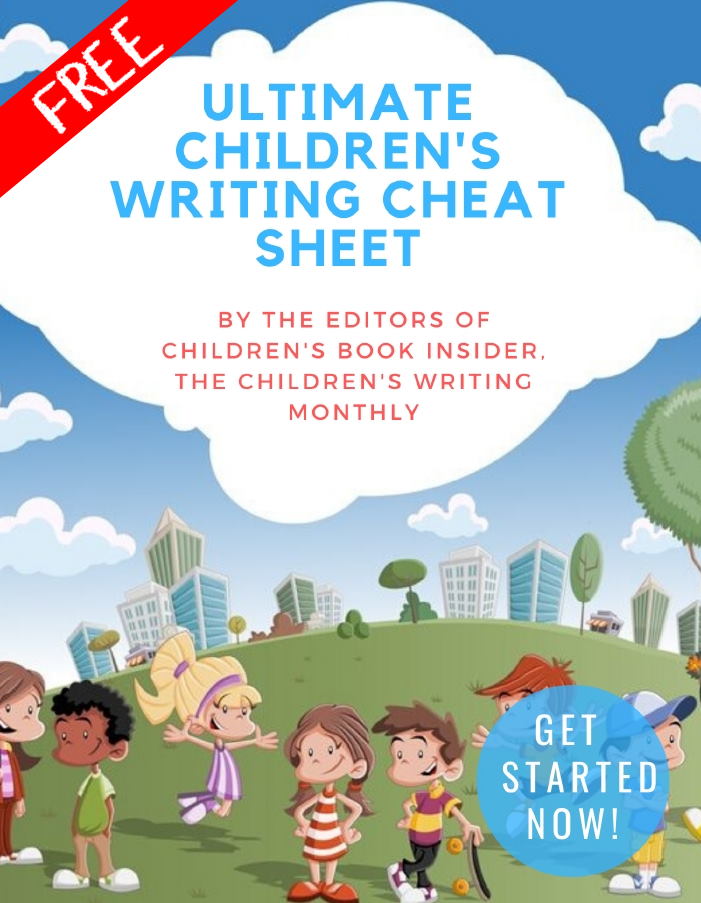
✏ Word Counts & Age Groups for Every Kidlit Category
✏ FAQs, Glossaries and Reading Lists
✏ Category-specific Tips, from Picture Books Through Young Adult Novels
✏ 5 Easy Ways to Improve Your Manuscript
✏ Writing For Magazines …and more!
This is a gift from the editors of Children’s Book Insider, and there’s no cost or obligation of any kind.
We will never spam you or share your personal information with anyone. Promise!
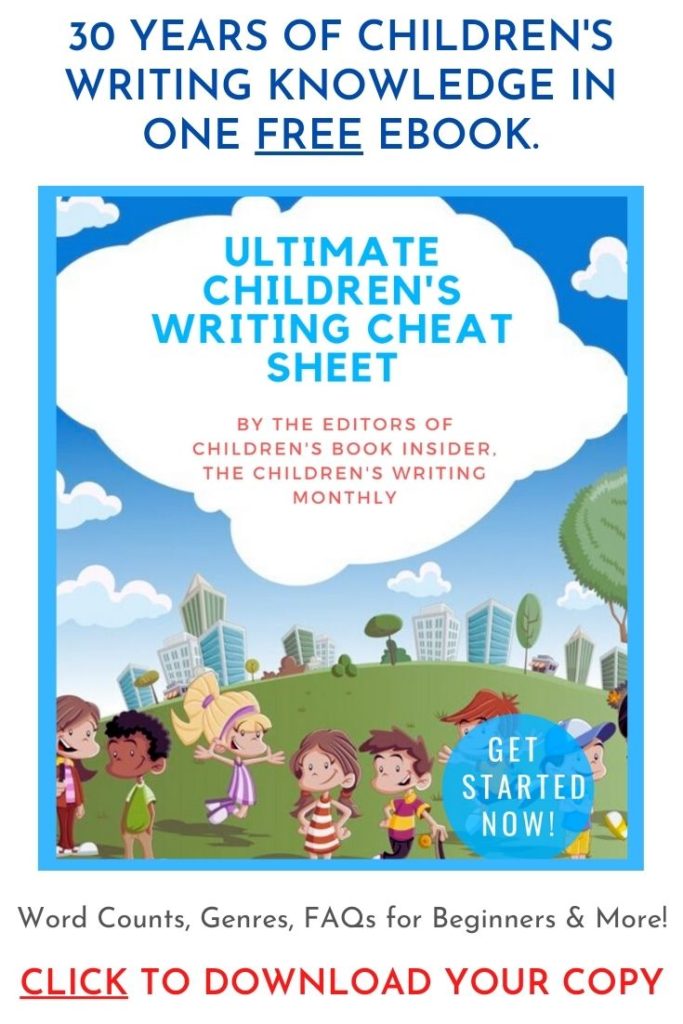
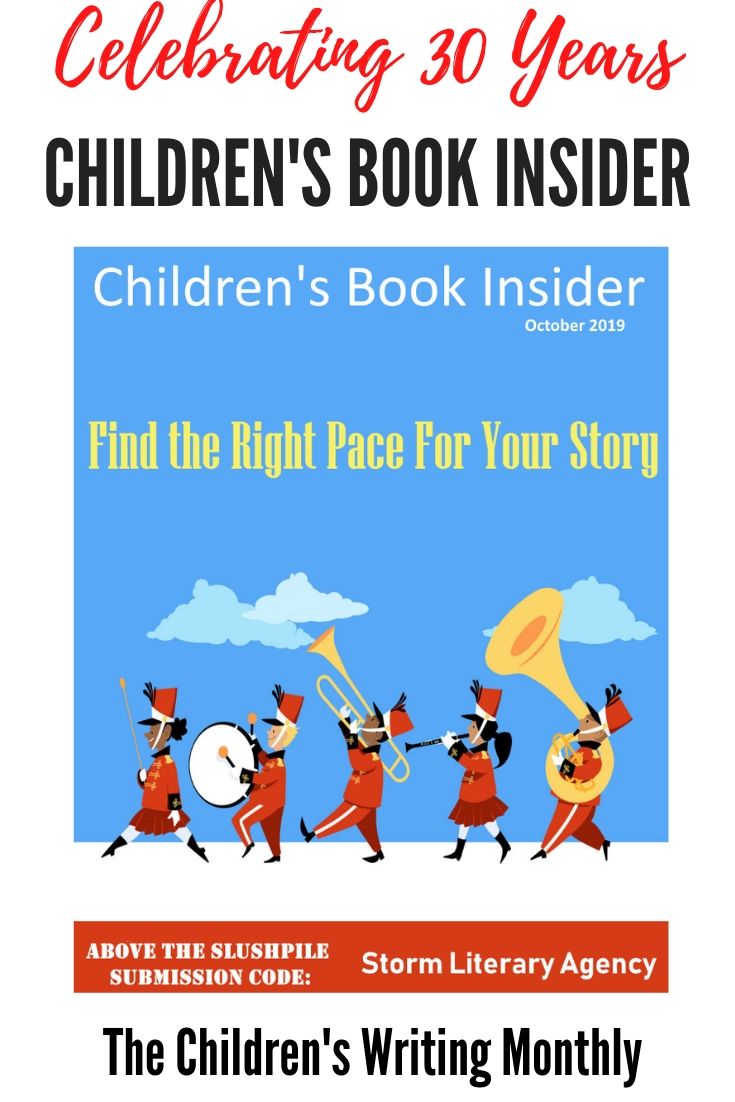
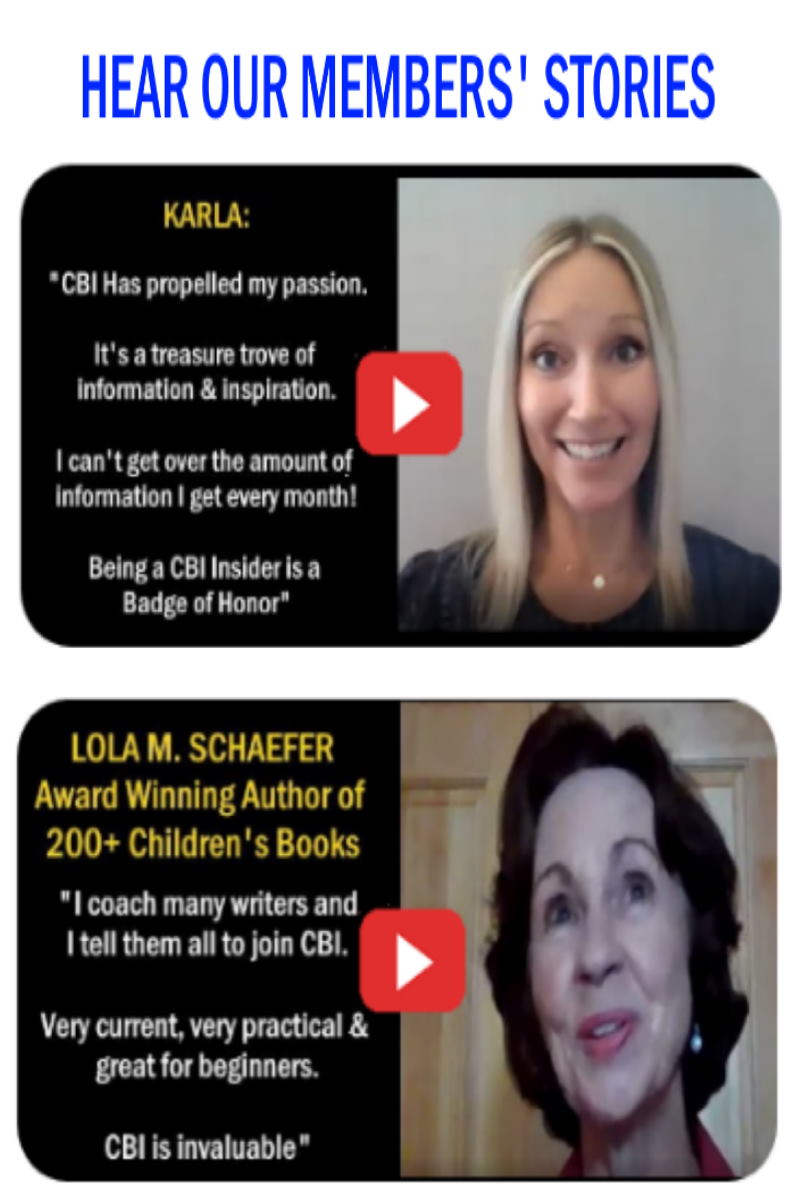
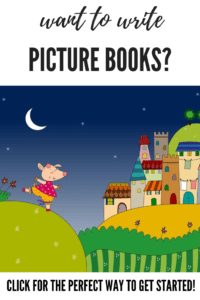


Valuable points. Thanks for sharing your wealth.